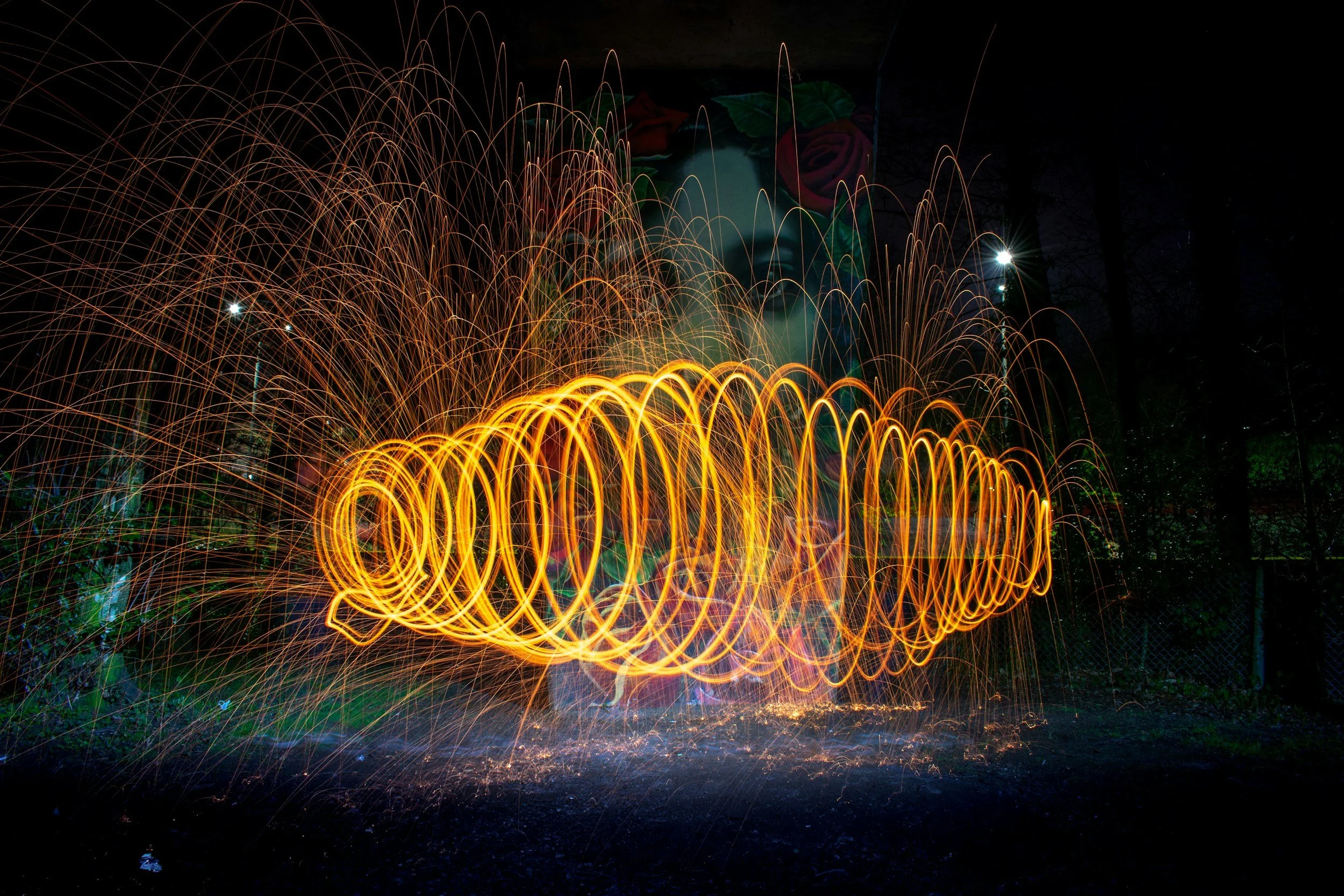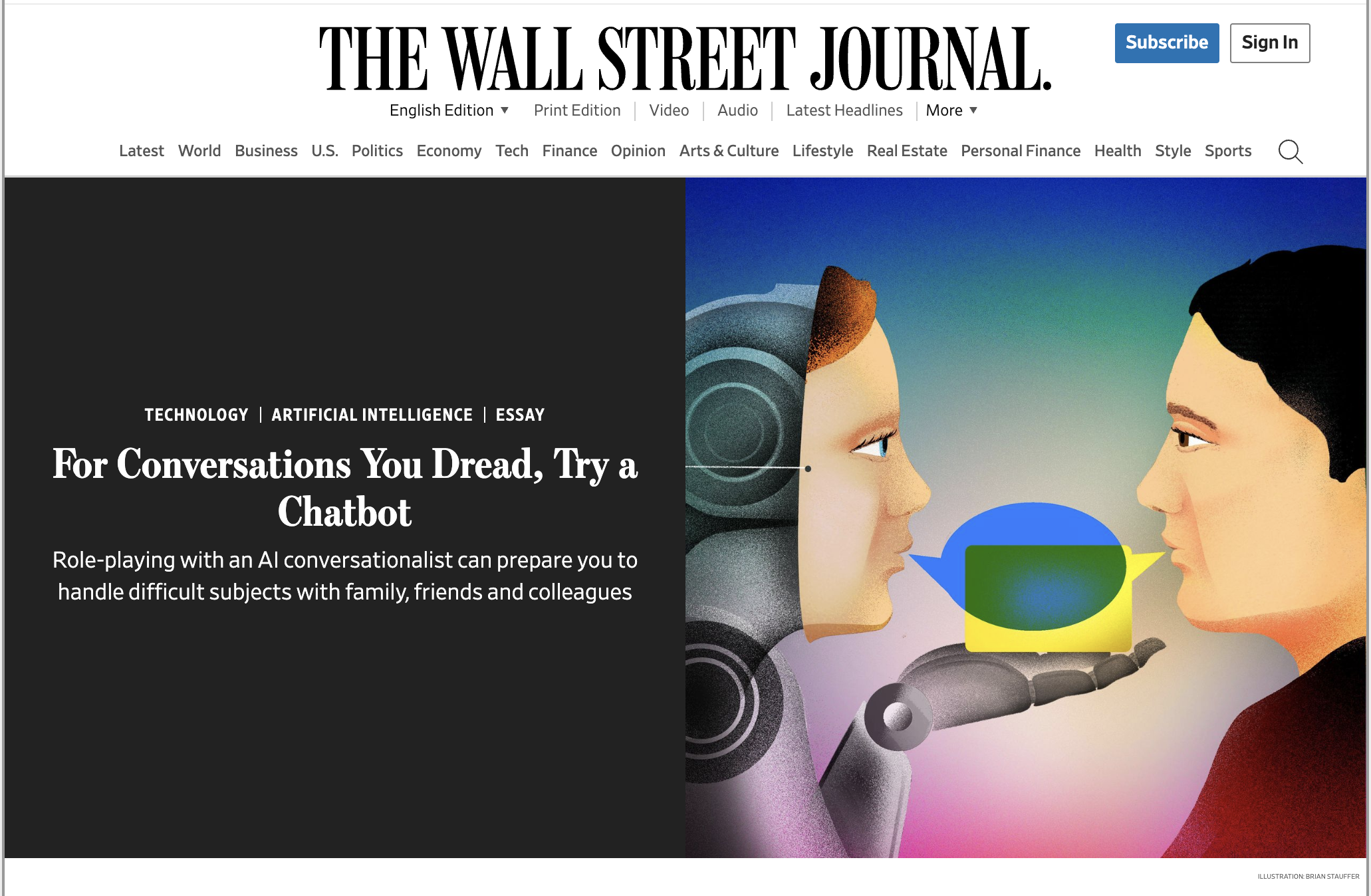Crash Your Confidence
This week I’ve invited a handful of collaborators I enjoy and admire to write guest posts that fit the scope of this space: “the art & science of creative action.” This post comes from my good friend Dr. Kathryn Segovia, Head of Learning Experience Design for Executive Education at the Stanford d.school. You can connect with Kathryn here.
***
Have you felt it? When was the last time your confidence took a hit? You might have been in a room (or these days, a Zoom?) and looked around; you probably felt sure everyone else was tracking and performing at a level well above where you seemed to be. You might have said to yourself something like, “I should have known I could never ______.” Or maybe, “I’m just not cut out to ______.” It probably felt lonely. It probably felt demoralizing. But what we know from our practice of teaching creativity at Stanford d.school and a few pieces of social psychology research, is that you’re definitely not alone and you should not walk away hopeless. In fact, it’s a bit of a paradox. Read on.
Before the pandemic shut down most work travel, my team at Stanford University's d.school designed and instructed a week-long workshop for 60 c-suite executives from around the world and from a large cross section of industries and companies. These executives had applied to this selective workshop in hopes of learning how to lead their teams in human-centered innovation. And their resumes were far from shabby - a multiple time successful start-up founder, a Chief Marketing Officer of a world renown fashion brand, a Chief Innovation Officer from a Fortune 100 company, and the list went on. They were smart and successful by almost any measure we could imagine.
After two days of learning new methods in creativity and one day spent teaching those newly learned methods to others, we asked them to chart their confidence and competence in this new skillset on a well known curve.
The Dunning and Kreuger curve plots confidence over competence and generally reveals that humans have a well-studied tendency to hold overly favorable views of their abilities in many social and intellectual domains. Do you see that huge peak in the beginning? The one that some folks refer to cringe worthily as “Mount Stupid”? Well that’s where most people “stumble” so to speak. They get so confident in what they think they know about new topics and areas of practice that they way overestimate their competence and feel a high degree of confidence.
As an example, Dunning and Kreuger published their learnings from four different research studies where data revealed that participants scoring in the bottom quartile on tests of humor, grammar, and logic grossly overestimated their test performance and ability. Although their test scores put them in the 12th percentile, they had erroneously expected themselves to be in the 62nd percentile. They had unknowingly arrived at Mt. Stupid. Why you might ask? Why were these unfortunate souls so far off base in their self perception? Turns out they, and the rest of humanity, don’t have the capacity this early on in a learning journey to distinguish accuracy from error. Teaching these individuals more about distinguishing when they were right and wrong in the given domains was the only thing that helped them recognize how little they know (in contrast to what they thought they knew).
Now, look at the curve again, this time with the data points of those C-level executives that attended our leadership and innovation workshop at Stanford. Most of these wildly smart executives self diagnosed themselves to be in the middle of a mega confidence crash. In fact, do you see the initials “MM”? Look lower. They are plotted off the bottom of the graph. Forget whether this is non-newtonian or a violation of the space-time continuum. Suffice it to say that this individual was at the bottom of a very rough confidence crash. I was in the room that day facilitating, this individual and 90% of his peers questioned the level of knowledge they had and falsely assumed they lacked the confidence that they’d eventually succeed. Does this feel familiar? When I prompted you above, were you able to think of a moment that your confidence had crashed?
I believe there’s a paradox in the confidence crash we’ve probably all felt. As Charles Darwin wrote in his book The Descent of Man, “Ignorance more frequently begets confidence than does knowledge.” The reason you most likely felt a lack of confidence? Your knowledge. Your competence. In fact, your growing competence. How paradoxical is that? Research suggests that the longest stretch of low confidence you’ll likely feel is on your way to true wisdom. Do you remember “MM”? The person on the graph who had negative confidence (if that’s possible?). The person who perceived he was less confident than 100% of his peers and less competent than 95% of his peers? You guessed it. He’s been one of the most successful graduates we’ve had recently. As it turns out, it was pretty powerful to be wildly and painfully aware of what he didn’t know.
So, on each of our journeys to wisdom in many different domains, I leave you with a few methods for crashing your confidence - ones I’ve intentionally found and ones that have thankfully found me along the way.
Teach. I say this humbly and with a chuckle. Nothing has taught me what I don’t know like teaching what I thought I knew. You don’t have to be a teacher to teach. Try to teach your friend something new you’re practicing at your next lunch or coffee date. Try to teach your elementary age child or elderly parent what new body of knowledge you’ve acquired recently. Let them ask questions. Try to answer. Most importantly identify something you still don’t understand in what you taught.
Talk to someone more experienced than you in your area of interest. It doesn’t have to be first hand, you can get access to an expert in many forms. Read a book by an expert, listen to an academic lecture, tune in to a podcast, dig into recent volumes of a research journal. Specifically, search for something that you don’t know and dig in.
Don’t do what you’re good at -- at least some of the time. Do what you suck at. You don’t have to do this 40 hrs a week, but you do need the mindset and awareness that you suck at something.
Shadow young talent. Go see what they are doing, ask questions, let yourself be “reverse mentored” and compare what they are accomplishing to what you were capable of at that time in your life.
Do you have other tips for how you can crash your own confidence? Stories of a time you crashed? I’d love to bottom out with you. Drop them in the comments below.
Click here to subscribe to Paint & Pipette, the weekly digest of these daily posts.










Cleverly deploying AI is not merely speeding up innovation—it's unlocking a fundamentally different relationship with the creative process. Here’s how to shift from operation, to orchestration.